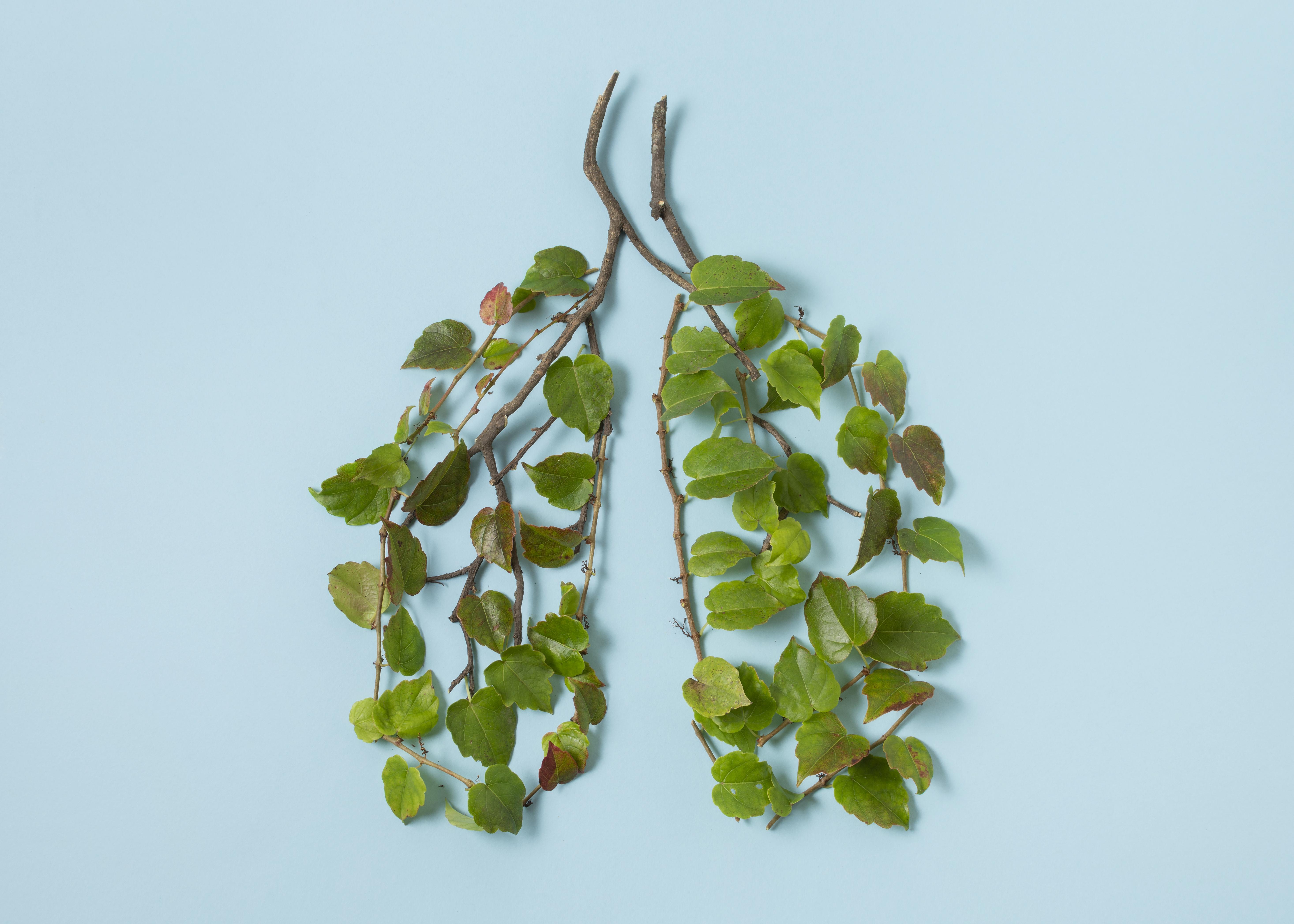Karrier- és Hallgatói Szolgáltatóközpont
Health care for free
 What can you do to maintain your health every day? Let’s look at the options available to anyone. It’s probably not the first time you’ve heard tips on this topic. Even in elementary school biology class comes up the trinity of proper nutrition, sufficient amount of sleep and regular exercise.
What can you do to maintain your health every day? Let’s look at the options available to anyone. It’s probably not the first time you’ve heard tips on this topic. Even in elementary school biology class comes up the trinity of proper nutrition, sufficient amount of sleep and regular exercise.
Again, the key is self-observation. There are recommendations that you can use as a starting point, but there is no single recipe that is perfect for everyone. I encourage you to observe and experiment, to be curious about yourself. This requires persistence, as you are usually discouraged in childhood from living at your own pace and according to your own choices.
Here are a few questions to get you started
What kind of food is good for you in which season? Can you eat more vegetables and fruits? How much fluid do you need a day? What time of day is it good to exercise? What type of movement? (If you answer is that no movement is ever good, then start with a slow walk in the city.)
How many hours of sleep can be restful? Of course, the given life situation affects whether you can sleep 6-7 hours. Maybe during exam period or in the day after a breakup, you will barely have a few hours of sleep. Or you don’t always have time to eat nutritious food. No problem. Try to be in the range that suits you as much as possible. For this, however, you need to map out your own needs. The good news is that you can trust your body’s signals. It will let you know when it’s tired, hungry or in need of a big walk.
But you have to do one thing: learn to read your own body’s signals and start responding to the needs expressed in this way.
There are a few more things that are available to you for free that will help you stay healthy:
If possible, spend as much time as possible in the open air and in natural light. It matters a lot if you manage to break away – even just for an hour a day – from the less ventilated boxes of classrooms, rooms, labs, shops, illuminated with artificial light. It is enough to look for a park in the city, but if you have more time, take a longer walk in the forest.
If you got out into nature and it’s not cold, take off your shoes and be a little barefoot in the grass. This refreshes your leg muscles and your entire body through the reflex points, as if you were getting a massage. Your posture will be better, which can prevent back and headache.
You should create your own daily rhythm: get up, go to bed, eat, exercise, rest at roughly the same time. This rhythm or schedule supports you in not missing out on rest or studying within a reasonable time frame. It is easier to achieve the set goals and the compulsion to procrastinate is less overwhelming.
You can incorporate small rituals into your daily rhythm that lead you from one activity or time of day to another. For example, in the morning, after waking up, a big stretch, maybe a few inhalations and exhalations by the open window, and then the morning routine can come. Before studying, write down what you want to progress with that day and only then take out the notes. Before going to sleep in the evening, you can drink warm tea (fruit or herbal), use calming essential oil (lavender), listen to relaxing music (rain, sea, chirping birds) or try Jon Kabat-Zinn’s mindfulness meditation (link: https://www.youtube.com/watch?v=yW_-d84Igxw). This short series of qigong exercises (link: https://www.youtube.com/watch?v=N8cmllUKh_4) is excellent for stress relief. If possible, do not have any gadgets in your hand an hour before falling asleep, it is unnecessary to scroll through the news and pictures of the day. They do not serve to rest at night.
Using extremely simple and freely available techniques, you can achieve a radical change in your quality of life. It is worth starting with one thing that is easiest for you to incorporate. Perhaps the most important thing is to practice every day, think of it like a workout or learning an instrument. It’s okay if you miss a day or two, come back to the commitment you started. These new habits and skills develop in the same way than muscles become stronger as a result of regular training.
If you do not know where to start on your healthcare journey, come and try out the personalized coaching process or goal-oriented counselling of the Centre for Student Services and Career. Contact us at


